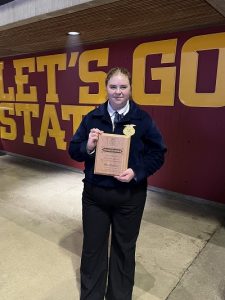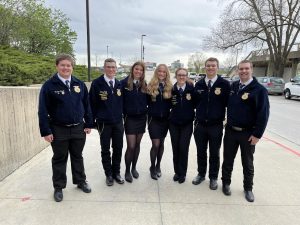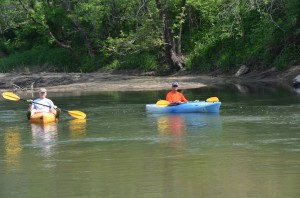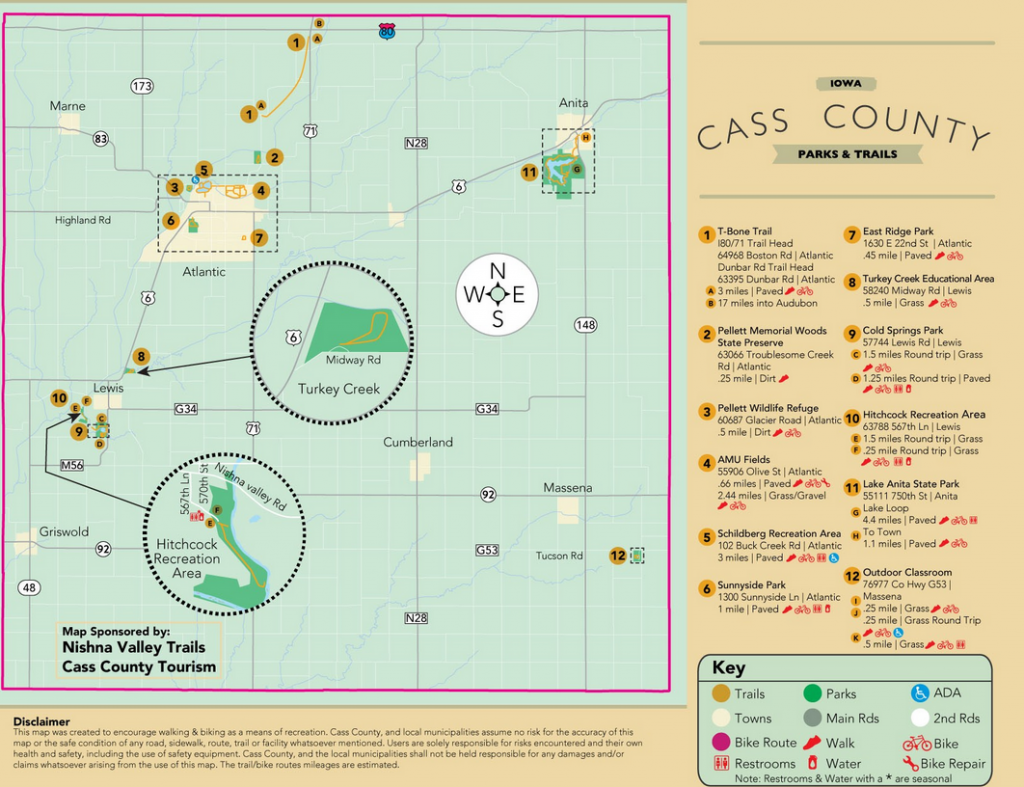(Des Moines, Iowa; Iowa Capital Dispatch) – In a split vote, the Iowa Utilities Board has declined to solicit more evidence before it decides whether to issue a pipeline permit to Summit Carbon Solutions, according to a Thursday board order.
In recent months, the company has more than doubled the number of ethanol producers to which its system would connect and added 340 miles of pipe — a roughly 50% increase. It indicated in March it would file 14 new permit requests for that expansion with the IUB while its initial permit application was still pending.
The IUB is poised to make a decision for the first permit, and pipeline opponents seized on the expansion to make an 11th-hour bid to delay the decision. The Sierra Club of Iowa argued that the evidentiary record should be reopened and the permit applications consolidated, which would potentially elongate the process for many months.
The Iowa Farm Bureau Federation did not ask for a consolidation but sought to reopen the record to determine how the expansion will affect the initial proposal. Board member Joshua Byrnes agreed with the Farm Bureau: “The board should demand that the route for a project of this size and magnitude be the product of comprehensive planning to ensure the final route is the most efficient to accomplish the project’s objectives and to minimize the impact on Iowa landowners.”
Some have suggested that the initial route and expansion plans could be revamped to reduce the total miles of pipeline. Sweeping changes could significantly delay the project’s approval. “Because the company voluntarily chose to open the door to the expanded ethanol plant partners, I believe it is fair to at least ask about the potential impact the additional trunk and lateral pipelines may have on the proposed pipeline,” Byrnes wrote in his dissent Thursday.
Summit objected to the requests, in part, because of the potential delays to its initial permit process that has been ongoing for more than two years. The company said its requests for separate permits for the extensions fit with board procedure despite the fact the board has yet to rule on the initial permit, and that it could seek to amend the conditions of the initial permit if needed to accommodate the extensions.
The two other IUB members — Erik Helland and Sarah Martz — overruled Byrnes and agreed with Summit about reopening the record. Their decision about the initial permit request “will be based upon the evidence already presented,” Helland and Martz wrote. All three board members denied the request to consolidate the permit applications.
Summit’s initial proposal includes about 690 miles of pipe that would connect to a dozen ethanol plants and transport their captured carbon dioxide to North Dakota for underground storage. The project has been delayed by setbacks in the Dakotas, where Summit’s first proposals were rejected by state regulators.










